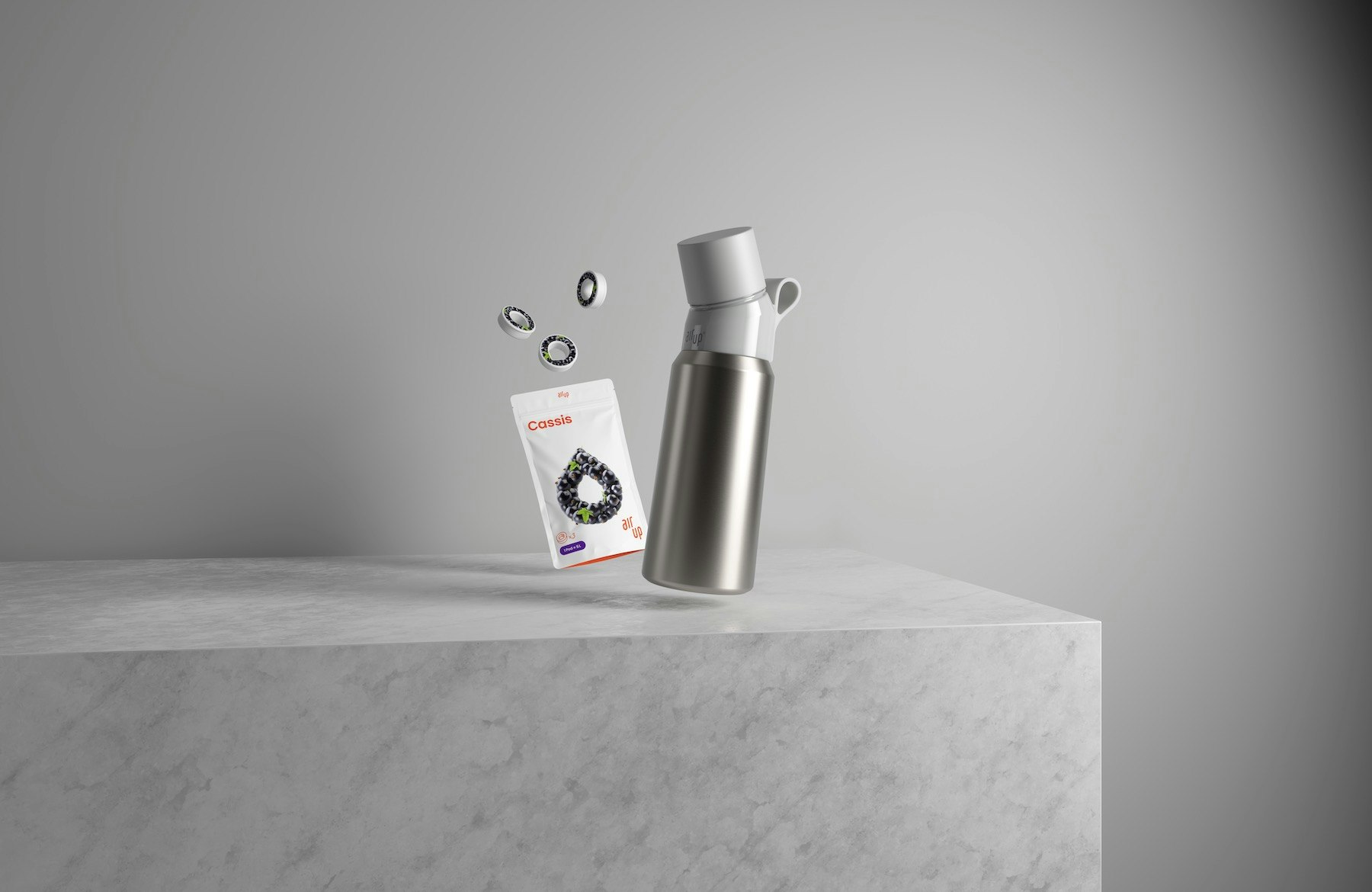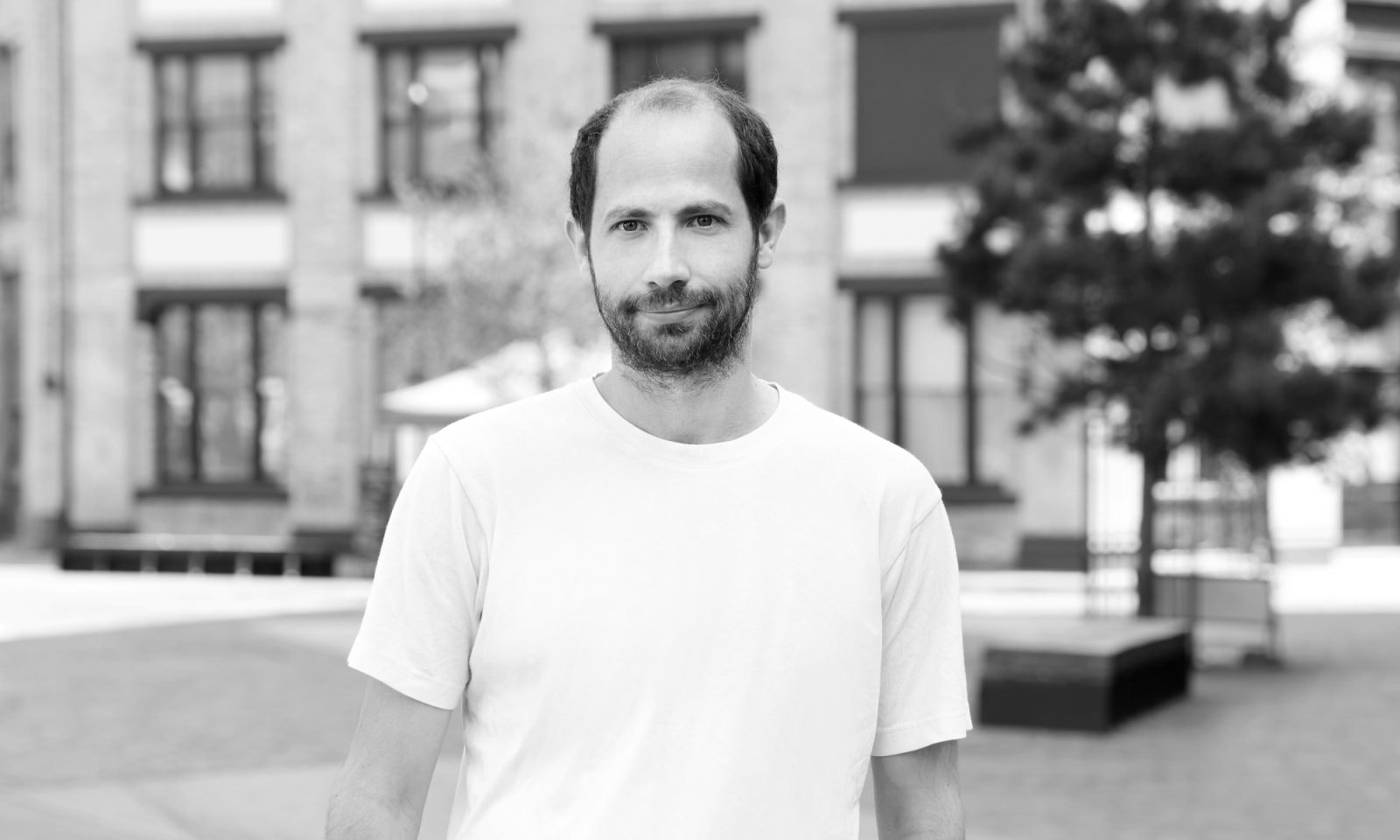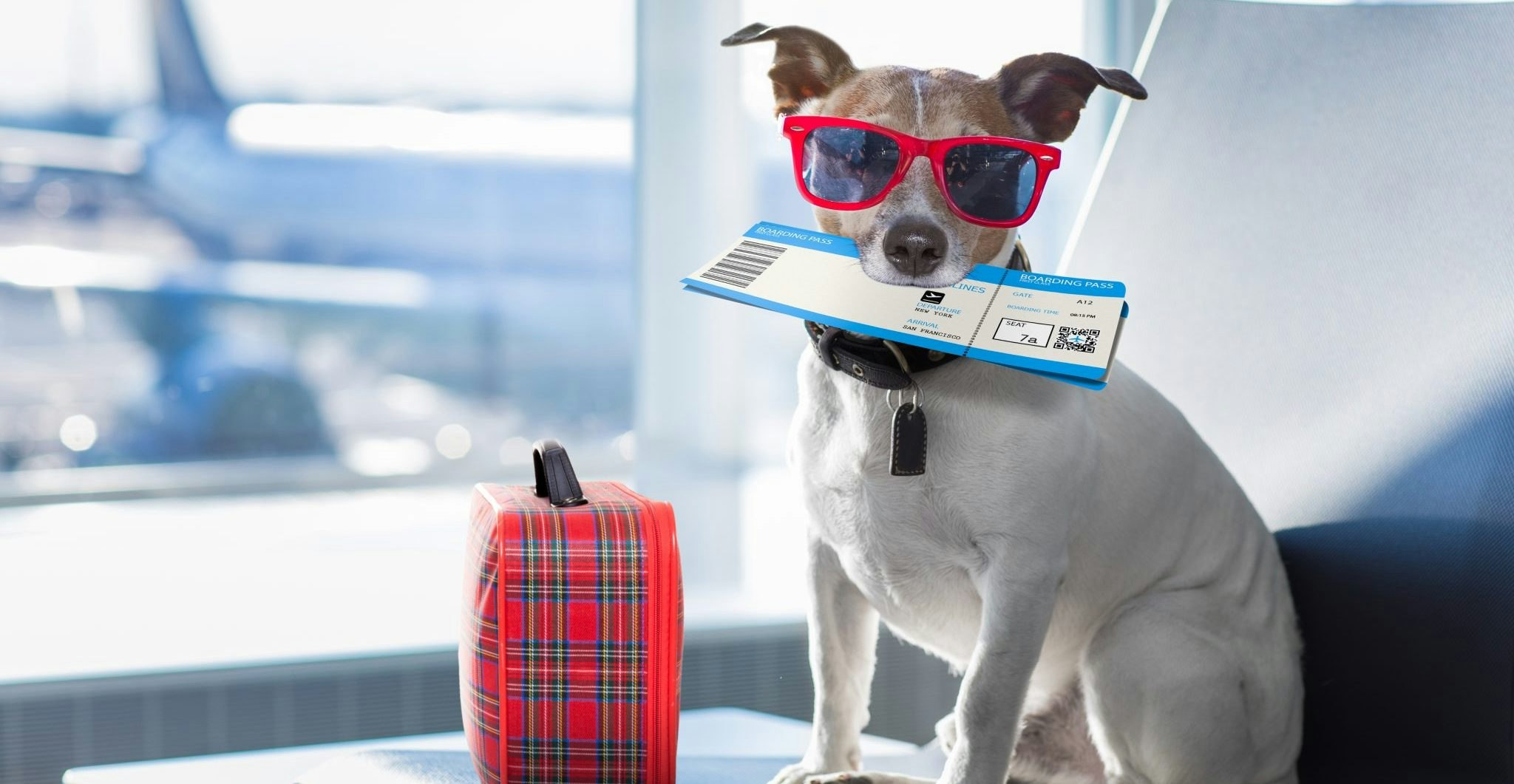On April 26 2023, air up cofounder Lena Jüngst received a text from a friend in Australia congratulating her on the launch of her startup's product in the country — and a light scolding for not being told about the news ahead of time.
Jüngst had a good excuse for her silence: the Munich-based company, which makes patented water bottles that use scent pods for flavouring rather than added sweeteners, hadn’t launched in Australia. What her friend spotted was one of hundreds of counterfeit listings that had seemingly materialised overnight.
Air up registered 1,500 infringing listings that day — counterfeit products that looked like its water bottle and pods but were not manufactured by them — up from fewer than 100 the week before. Across 2023, it saw more than 10k counterfeit products listed. “We got flooded with an unprecedented amount of copies,” says Jüngst.
With potential customers opting for the cheaper counterfeits over air up’s real product, it’s a saga that she estimates has cost the company more than €10m in revenue.
Costly copycats
In early 2023, TikTok videos advertising counterfeit air up bottles surfaced under the hashtag #AirUpDupe. To date, posts under this tag have racked up a total of 2.1m views. Fake air up bottles also popped up en masse across online marketplaces. Of the first 12 sponsored product listings that come up when you Google “air up”, half are counterfeits.
The first handful of fake listings popping up were manageable — a legal team was hired to flag the fake listings and lobby marketplaces to remove them. Air up's legal team also thought the issue was with the internal software they were using to track new infringing listings, Jüngst says. But they soon realised that the numbers were accurate — “and then they went into panic mode,” she says. “We thought ‘now we have to put all our efforts into getting rid of all of those infringement listings.’”
The team embarked on a mission to take down each of the more than 10k listings that had emerged in 2023 — an uphill battle that soon proved to be insurmountable.
“We realised that that was not going to happen, and so then we changed our thinking [and decided] we needed to set proper processes in place for us to be able to deal with the situation on an ongoing basis, and to keep our processes as efficient as possible,” she says.
They started by asking marketplaces to take down the listings — which took a while, despite these platforms being legally required to tackle fake listings once made aware of an IP infringement. They were also up against several sly tactics deployed by the sellers. “They would just change a few pictures or sentences in the description and there’s no follow-up after that,” Jüngst says.
But as the volume of listings rose, so too did the severity of air up’s response. “We started to take a firmer stance against the marketplaces,” says Jüngst. That involved sending cease and desist letters or temporary injunctions against sellers via the marketplaces that were hosting them — which put the company on the radar, Jüngst tells Sifted. “Now they have us on the top priority list, so they take down those infringements listings a lot faster,” she says.
Air up also went after the fake products at source. The team works with law firms in China — where Jüngst says most of the counterfeit products they have found are made — to tackle cases against manufacturers on the ground.

They also contacted the European Custom Authorities — which deals with the movement of goods across borders in the continent. They then filed a border seizure application to try and stop fake products from crossing borders, a task that involved the air up team training border officers on how to spot the fakes. “It's very practical and hands-on training,” says Jüngst, which involves the team assembling at their offices with a real air up bottle and an example of the fake products to highlight the common design differences between the two.
Air up’s patents protect both the various aroma pods it uses to flavour the water, and the design of the bottle itself, which has the tech in the mouthpiece that activates the scent pod. The pods have always been manufactured in Germany, but its bottles were initially manufactured in China, says Jüngst. The company has since moved all of its operations closer to home with sites in Germany, the Netherlands and Austria.
Since it started working with customs in September of last year, at least two shipments containing hundreds of fake products have been caught at the Belgian border — one of which was headed to an Amazon distribution centre.
Food and beverage products like air up’s have to comply to a set of regulatory rules before they are approved for sale, to ensure the scent pods are safe to be inhaled and the materials used in the bottle are non-toxic — but many of the counterfeit products don’t go through the same regulation process. The company is testing fake scent pods to find out if they’re unsafe. They've already ascertained that most are missing the tech that makes air up’s products more than just a regular water bottle. “Some copycat products are exactly the shape and form of our bottle and they also sell the pods — but they don't have the technology in the mouthpiece so that it works,” says Jüngst.
Damage to the company’s brand reputation has been one of the steepest costs, Jüngst tells Sifted. Air up has received complaints from disgruntled customers who are unhappy with the counterfeits they bought, unaware the products are fakes. “We tried different flavours and none of them worked,” one of them complained. Another flagged that the copycats were indistinguishable online: “I don't know what site is real and which is fake as they both look the same.”
“People drink from those copycat products and they assume they have bought the real deal,” says Jüngst. “Then they realise it's not working, which is a problem for us because they don't believe in the technology anymore.”
Enforcing protection
Air up’s products are all protected by patents — but Jüngst says that there are common misconceptions about what this actually means for a company. “I think one thing that is a myth is that once you have those IP rights, you are shielded from infringement, which is not the case.”
Instead, patents offer the ammunition needed to fight against infringement and enforce those protection rights. “But it's in your accountability to do that,” says Jüngst, “no-one is going to do that for you.
“It's funny now to look back at it, because when we started, we were super cautious about potential competitors: we always had NDAs,” she says. “Then we realised that we had to get out with the product and needed to communicate to some people to get it running. No one will be able to copy us in like, a minute or two, right?”
The first few infringement listings to pop up were unexpected. “You get worried about what it does to the company's success, how can we counteract those copycat products, what's covered by our IP rights?” says Jüngst.
“I think every hardware company that brings a physical product to the market has to deal with that problem — what's important is that you understand that you're not helpless in that situation,” says Jüngst.
She recommends that companies with a hardware consumer product hire an internal team or partner with external legal services dedicated to taking down infringement listings. But that doesn’t mean founders can wash their hands of the situation completely.
“Something that I learned is that just handing the problem over to someone doesn't entirely help you: you also need to understand the process, because you are the expert for your product, and an IP firm needs to understand the product like you understand it,” she says.
Leadership teams can also access anti-counterfeiting organisations like Germany-specific APM, and the international organisation ACG, which works with governments across the world, to find resources and events around tackling copycats.
Despite the costs the counterfeits have incurred, Jüngst has tried to find a silver lining to the situation. “Even though it’s frustrating, I think you also need to take it as a compliment.”


